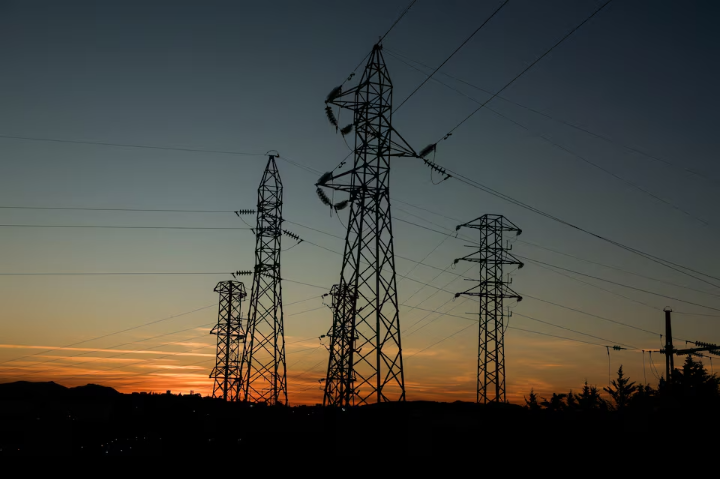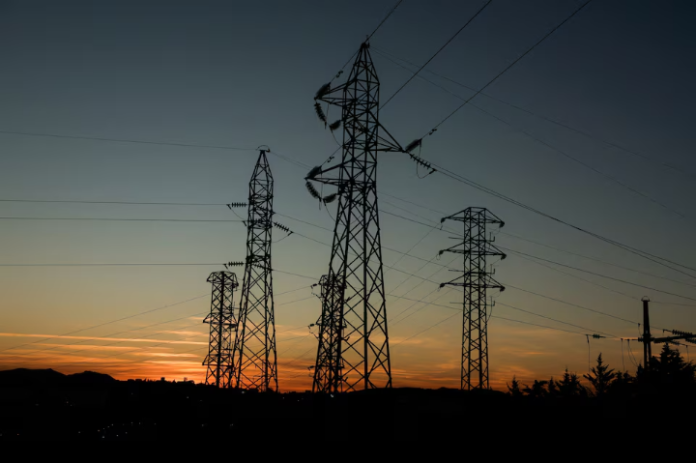A newly released government investigation has revealed that a serious miscalculation by Spain’s national grid operator, REE (Red Eléctrica de España), was the root cause of the widespread blackout that hit the Iberian Peninsula on April 28, 2025.
The blackout, which lasted several hours, brought major cities to a standstill, leaving thousands of people stuck in elevators, stranded on trains, and dealing with paralyzed traffic systems. The Spanish government’s energy ministry disclosed on Tuesday that REE underestimated the country’s power needs during a voltage surge, triggering a cascade of failures across the electricity network.
According to Energy Minister Sara Aagesen, REE failed to activate enough thermal power stations during the day’s peak electricity demand. While some facilities were turned on in the early hours, the central hours — when consumption soared — were left vulnerable.
“The system lacked sufficient dynamic voltage control,” Aagesen said in a press briefing. “REE believed additional thermal capacity was unnecessary during the most critical hours of the day.”
An extensive technical report, due to be published in full later on Tuesday, outlines how several power plants failed to fulfill their legal obligation to regulate the grid’s voltage during the incident. This contributed to a sharp rise in voltage, which spiraled out of control and ultimately overwhelmed the grid.
“These plants are paid to manage voltage and absorb reactive power when required,” Aagesen added. “However, they did not absorb the expected levels of reactive energy despite being compensated to do so.”
Electric grids across Europe are designed to operate at a stable frequency of 50 Hertz (Hz), and even minor deviations can damage infrastructure and disrupt power supplies. Stability is maintained by ensuring that electricity generation matches demand at all times. When this balance is thrown off — as was the case in April — the results can be catastrophic.

The report confirms that no cyberattack or external interference was involved. Instead, it was a combination of poor forecasting, insufficient thermal generation, and inadequate reactive power management that caused the blackout.
The consequences were widespread. Urban transport systems failed, elevators stopped mid-floor, and hospitals were forced to rely on backup generators. Cities like Madrid, Barcelona, and Seville saw complete traffic chaos, with emergency services overwhelmed by distress calls.
While the government has not yet announced penalties, the Energy Ministry has signaled that changes to national grid regulation and real-time monitoring protocols may be forthcoming. REE has not responded publicly to the report’s findings.
This incident serves as a stark reminder of how essential accurate forecasting and compliance with regulatory obligations are to the functioning of modern energy systems — especially in a continent that increasingly relies on real-time, clean, and distributed power sources.



